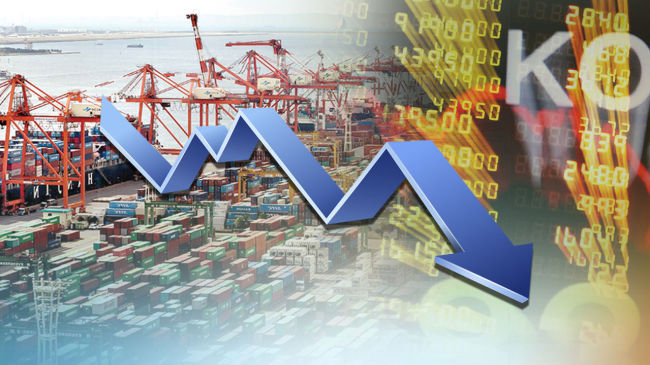South Korea’s manufacturing sector output fell sharply in the first nine months of the year, with smaller businesses affected more than big companies, government data showed Sunday.
According to the 2018 mining and manufacturing sector data released by Statistics Korea, output numbers fell 0.4 percent on-year in the January-September period for large corporations, while corresponding figures for small and medium-sized enterprises dropped 4.3 percent.
The sharper drop for smaller companies comes after big companies trailed smaller partners in terms of production in the same nine months of 2017.
Last year output growth by SMEs reached 5.8 percent on-year compared with 2.9 percent for larger companies.
For all manufacturing sectors, the output index up to Sept. 30 of this year decreased 1.5 percent from the year before, which is the sharpest fall after the 5.6 percent drop in 2009 right after the global financial crisis.
The weaker numbers are seen as South Korea’s inherent reliance on key industries, such as autos and shipbuilding, that have not met growth expectations in recent years. Only the country’s semiconductor and related business have propped up overall statistics.
Reflecting this, an examination of the stats showed that excluding semiconductors and related components, manufacturing output in the nine-month period contracted 3.9 percent on-year, which is the second sharpest dip since the 13.9 percent plunge in 2009.
If only semiconductors and related parts are checked, the output index jumped 10 percent compared with last year.
“With the exception of chips and displays that are globally competitive, there has been a downward trend across the field with weaker business investment hurting numbers,” a local scholar said.
Others said that companies need to be encouraged to make investments that can bolster their standing globally down the road.
“Instead of focusing on increasing public spending, the government should do more to nudge private companies to make changes by supporting structural reforms across the board,” said Sung Tae-yun, an economics professor at Yonsei University in Seoul. (Yonhap)


